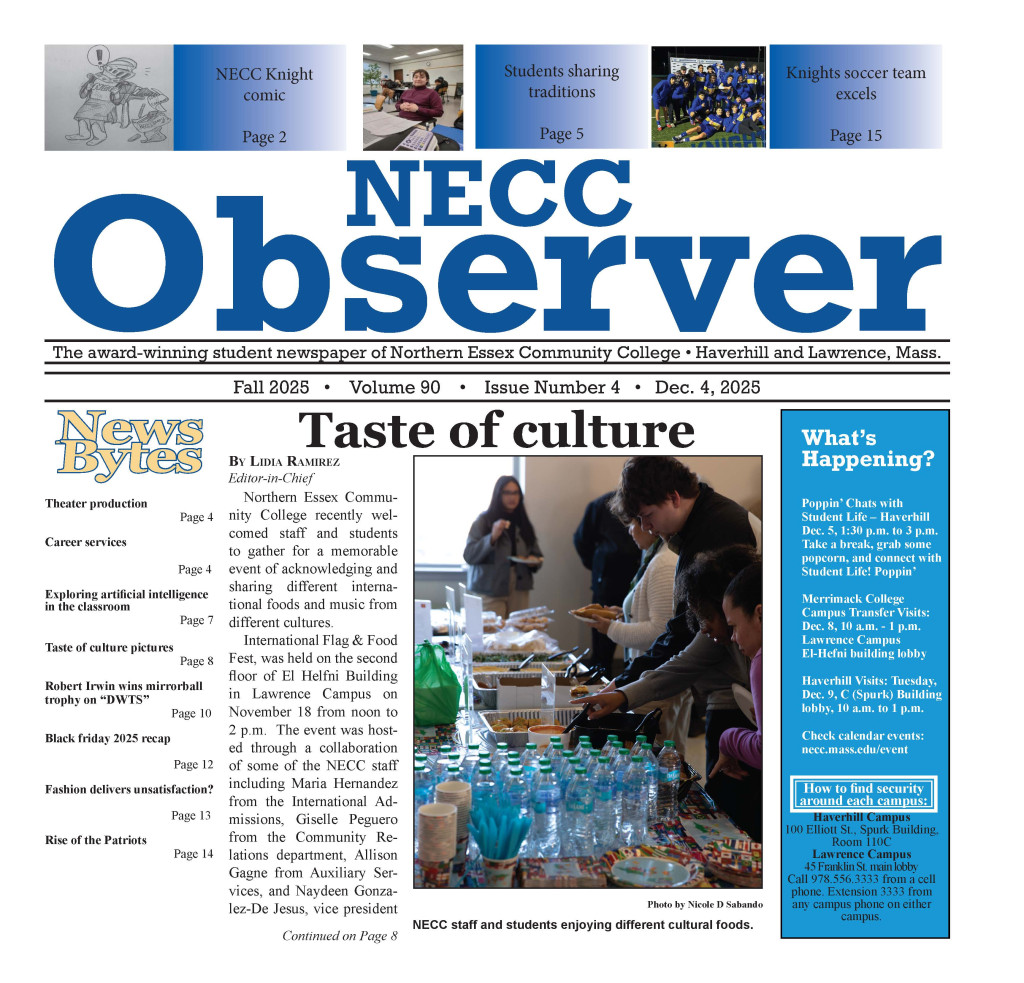The Massachusetts Bay Transportation Authority (MBTA) has recently proposed a fare increase by an average of 6.3% by July 1, 2019. The state allows the MBTA to increase fares every two years by a max of 7%. The MBTA has stated that a fare increase “is necessary for the Authority to continue making system investments to improve service.” However, many state representatives have spoken out against the proposed 6.3% hike. Haverhill State Rep. Andy Vargas stated via Facebook, “ In 2012, the monthly commuter rail pass from Haverhill to Boston was $291/month. The proposed fare hike would bring the monthly rate to $360/month. Average wages are not increasing as fast and neither is the speed of the commuter rail.” Since the fare hike in 2016, monthly commuter rail passes ranged from $74.50- $388.25. If the proposed fare increase passes, monthly passes will range from $90.00- $406.00.
Currently, a monthly commuter pass from Haverhill to North Station in Boston is $326.50. A monthly pass from Lawrence to Boston is currently $308. The MBTA does offer student discounts, but not for college students. Only middle school and high school students are eligible. According to State House News Service, MBTA General Manager Steve Poftak defends the proposed increase saying, “Fare hikes are an unpleasant bit of this business, but they are an important part of the MBTA’s funding stream.” However, Boston City Council Woman Michelle Wu has a different idea entirely, stating via Twitter that, “We should take every step to move towards fare-free transit, not increase burden on those who can least afford it & who do the most to reduce traffic/help air quality.”
NECC student Sarah Regan-Kelley said she was unaware of the current prices for a monthly MBTA pass. She stated, “I think it should be less expensive.” When informed of the MBTA’s position on the matter, Regan-Kelley said, “I feel like they should find money elsewhere because some people need to get into Boston for their jobs. If they keep raising the prices then it’s going to become less accessible to people that need this mode of transportation.” Although Regan- Kelley does think the prices should be lower, she did not agree with Boston City Council Woman Michelle Wu and her view that we should move towards fare-free transit.
Second semester student Alyssa DiTomaso, says she never uses the MBTA as a mode of transportation she says, “I have friends that go to school in Boston and I knew it’s really convenient for them, a lot easier than driving into Boston. I think right know it is a hefty price and i think an increase is absurd, especially considering a lot of these people are college students or people just going in for work. DiTomaso said she agrees with Wu’s argument of fare- free transit saying that, “Making it free would make so much more sense because a lot of these people have to go into the city.” However, she does point out that she understands the downside of making it free as well, such as keeping up with maintenance.

